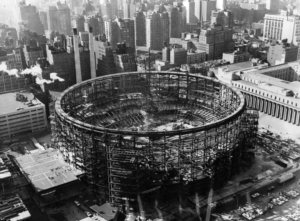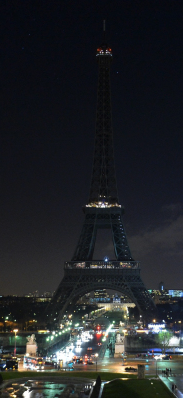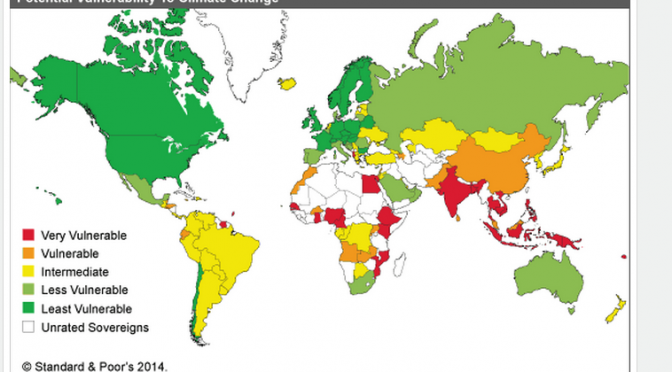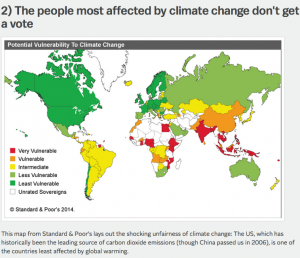Yesterday the Governor of New York, Andrew Cuomo, announced a new shopping mall and Amtrak station adjoining the James A. Farley Post Office Building, across Eighth Avenue from the current Madison Square Garden. Call it the new Penn Station.
If you’re not familiar with New York you have no idea just what a disaster the current Penn Station, which currently resides under the Garden, is. For one thing, New Jersey Transit, Amtrak and the Long Island Railroad all come through the station, which is a tangle of platforms and stairways and levels, all with low ceilings and a sense of crushing crowdedness.
 For another, it isn’t the glorious station that was built in 1910 and graced the site for 50 years before it was ingloriously torn down by greedy developers, a move that sparked New York’s historic preservation movement cum bureaucracy those many years ago.
For another, it isn’t the glorious station that was built in 1910 and graced the site for 50 years before it was ingloriously torn down by greedy developers, a move that sparked New York’s historic preservation movement cum bureaucracy those many years ago.
If you are familiar with the station, you know all its horrors, but you might not guess that 650,000 people arrive and leave from it every day. It was designed to handle about 200,000.
As someone whose portal into the city when I was growing up was Penn Station, it was always a miserable place to be. Its dismal surroundings were ameliorated somewhat by the fact that you were either leaving or coming, you didn’t linger longer than necessary in Penn Station. Still, sometimes the wait was long.
I don’t know if it is by coincidence or plan, but the New York Times today has an elaborate suggestion for how to fix Penn Station. The beauty of the plan, which was developed by the architect Vishaan Chakrabarti, is to leave the massive cylinder that is Madison Square Garden intact, but to do away with all the innards.
 No concrete shell, no hockey rink, no basketball court. No stairs or escalators. The shell would be replaced with something called blast-proof glass, and the space would be open to the sidewalk. No doors!
No concrete shell, no hockey rink, no basketball court. No stairs or escalators. The shell would be replaced with something called blast-proof glass, and the space would be open to the sidewalk. No doors!
Though in cold weather the station may be sealed off by temporary walls. But the idea is that the sun beating down on a giant glass building would work like a greenhouse. Anyone who has ridden the escalator up with a full complement of luggage to the door on Eighth Avenue and 32nd Street knows how nice the elimination of door would be.
In any case, the Times presentation of this idea, written by Michael Kimmelman, the paper’s architecture critic, is not only beautiful, but it is beautifully presented. If there’s a reason to move from print to digital now, this is it.
And I’m not showing any of it. Be surprised!







